Sir Jackie Stewart and the Race Against Dementia
Ahead of the Japanese Grand Prix on April 6 and appearing at a major fundraiser in Tokyo for his global charity on April 2, three-time Formula 1 World Champion Sir Jackie Stewart OBE spoke to Simon Farrell about his life, cars, and the debilitating disease that some 55 million people around the world live with, including his wife Helen.
Founded by Sir Jackie in 2016, Race Against Dementia funds early-career researchers to accelerate progress towards a cure for dementia by taking immediate action to drive significant breakthroughs and develop leaders in the field.
Sir Jackie is pictured above with his son Mark who is chair of the trustees for Race Against Dementia.
Alzheimer’s disease is the most common form of dementia, a condition that ranks as the seventh leading cause of death worldwide and costs the global economy $1.3 trillion annually. Factors that increase the risk of developing dementia include age (over 65), hypertension, diabetes, obesity, smoking, alcohol, lack of exercise, social isolation and depression. Dementia’s physical, psychological, social and economic impacts also affect carers, families and society. There is often a lack of awareness and understanding of dementia, resulting in stigmatization and barriers to diagnosis and care.
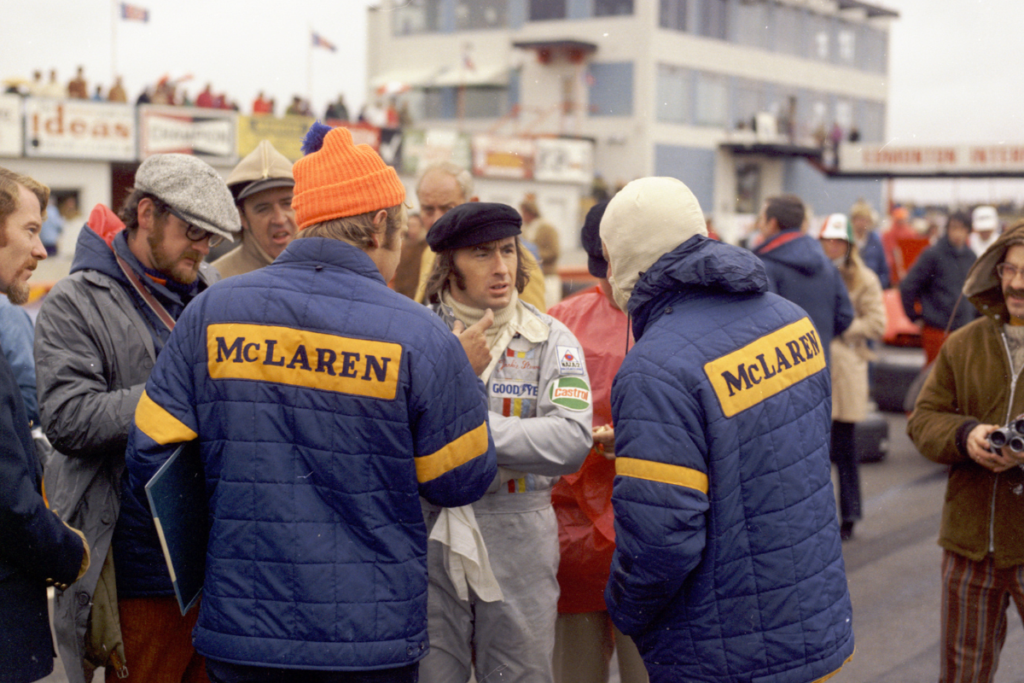
As a former dyslexic school dropout turned world record-breaking Flying Scot, what inspirational words can you offer ambitious youngsters?
School was tough for me. Dyslexia was not talked about—or even understood—back then. I felt dumb, stupid and thick. There was no other explanation. And I started to believe it. I left at fifteen with zero qualifications.
Working in my parent’s garage, I met Barry Filer—that’s when the magic started. Barry owned several sports cars and invited me to race at Oulton Park. I did, and I did well! Find something you can be the best at—anything. There’s always something you can do, no matter how small or unusual. Find your passion, find your focus. And never—ever!—give up.
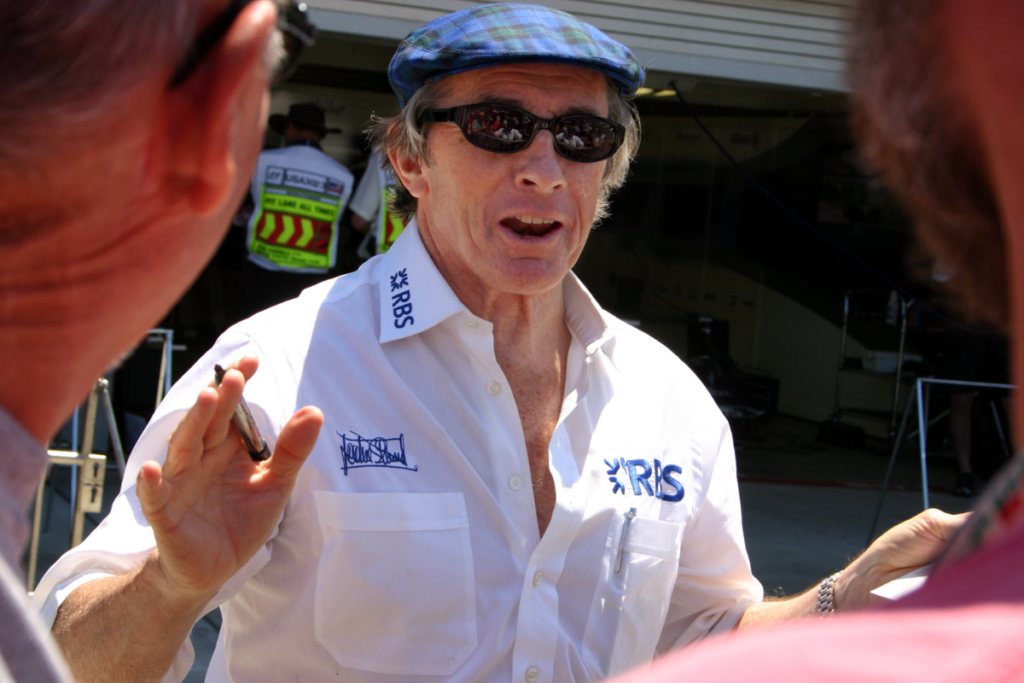
At what point did you know that you had finally “made it” in racing?
Well, the chequered flag at the Italian Grand Prix of 1965 was a memorable one. Sixty years ago, this September—my first Formula 1 win. But there wasn’t a day when I thought ‘I’ve made it,’ because in racing, you’re only as good as your last race. You can never rest on your laurels. That’s stuck with me. It’s not over, there’s still work to do. Not least, beating dementia!
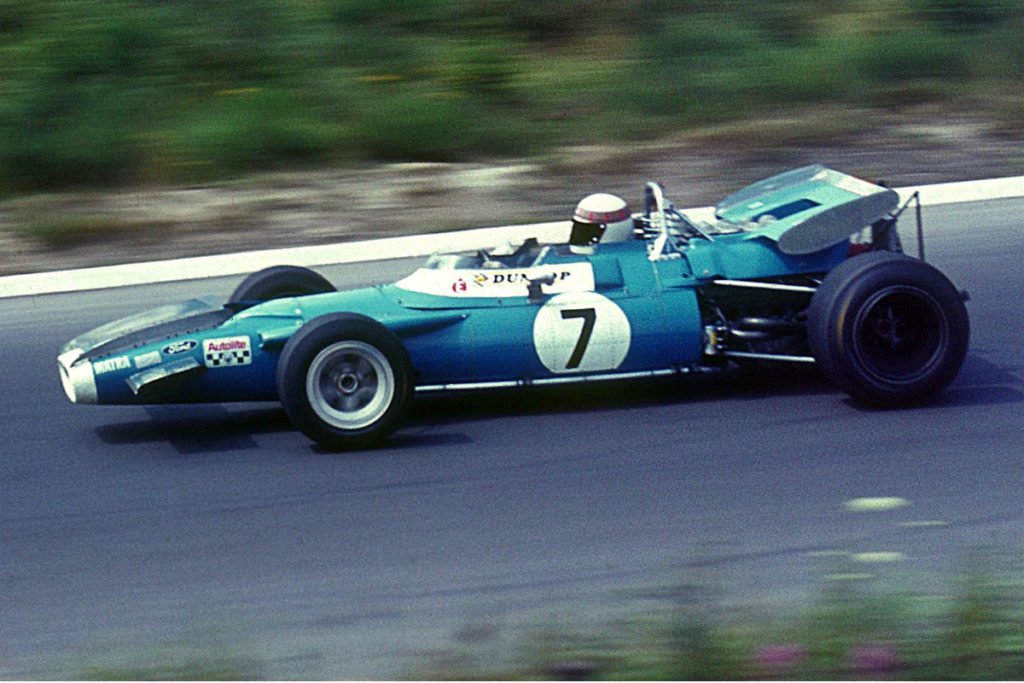
What’s your favourite road cars of today and yesteryear?
My first car was an Austin A30. Bought shortly before my seventeenth birthday, I’d saved tips from my job at the family garage. We even had Stewart tartan seat covers made! Called the Steel Teddy Bear, it was Austin’s first monocoque car, with the body and frame built as a single unit. Strong and light, it had a rounded, aerodynamic shape to keep the noise down and the fuel economy up.
Cars have come a long way since. Some might say today’s cars are a bit soulless, but I am all about progress, particularly when it comes to road safety. I’ve had a long association with Ford, helping them to shape cars such as the Sierra, which set new standards for aerodynamics, handling and safety in family cars. Car companies—like Formula 1 teams—simply must keep innovating. That’s why I find them so inspiring.
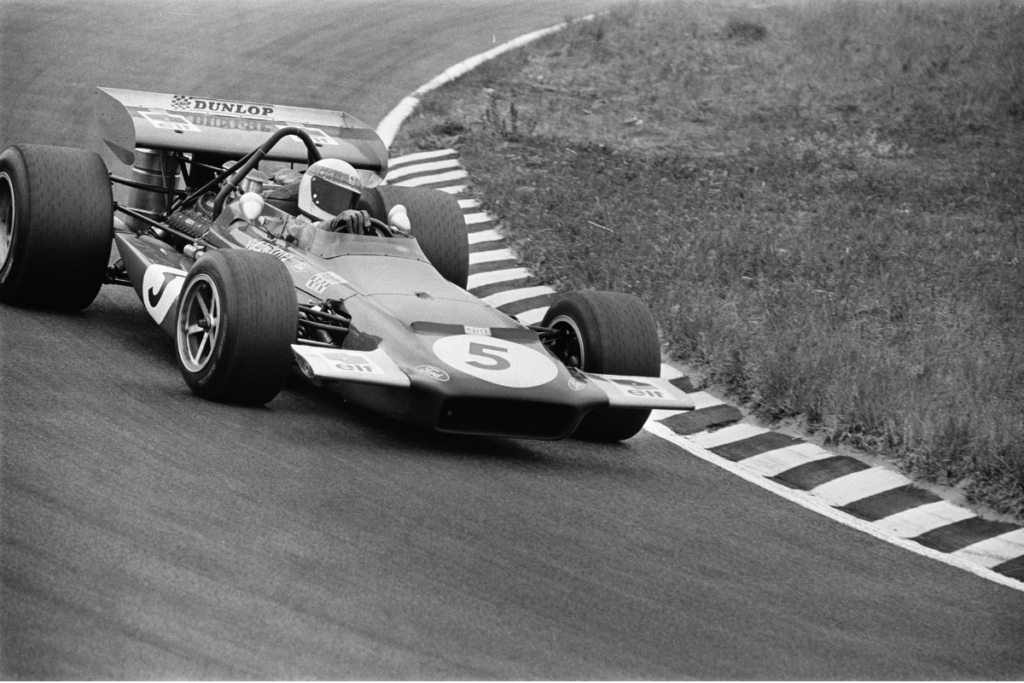
What do you think about EVs?
I don’t—yet—get the same visceral thrill when driving an EV as I did with a Cosworth V8 behind me, but I have an open mind! I’m intrigued by alternative systems, such as Honda’s work on fuel cells, too. It’s all about progress. Naturally, I am more interested in the advances in safety, for instance LiDAR, which helps cars ‘see’ the road ahead, spotting obstacles and hazards with incredible accuracy to improve braking and avoid crashes.
How does Suzuka compare to other circuits around the world and which one is your favourite?
Talking of Honda! Suzuka is special, no doubt. A true test for even the finest driver. And, of course, a unique figure-of-eight layout. Japanese fans make it even more special—their knowledge and enthusiasm for the sport is immense. My favourite? It was such a dangerous era to race in, so many circuits spark mixed emotions for me. The Nürburgring—the Green Hell!—was the most challenging circuit of them all. 187 corners over fourteen miles. That’s nearly ten miles more than Spa is today. Rain at one end and sunshine at the other. Eventually—and rightly—the circuit, at least in that guise, closed in the seventies.
Can you explain why Japan has the lowest prevalence of dementia and Alzheimer’s disease in the developed world?
No—but I know plenty of dementia research scientists who can! What I do know is that certain lifestyle choices can help—staying active, eating well and keeping socially engaged. I’m no expert, but these all seem to be part of Japanese culture, along with strong family values, deep respect for the elderly and a forward-thinking approach to technology in care, which may also play a role.
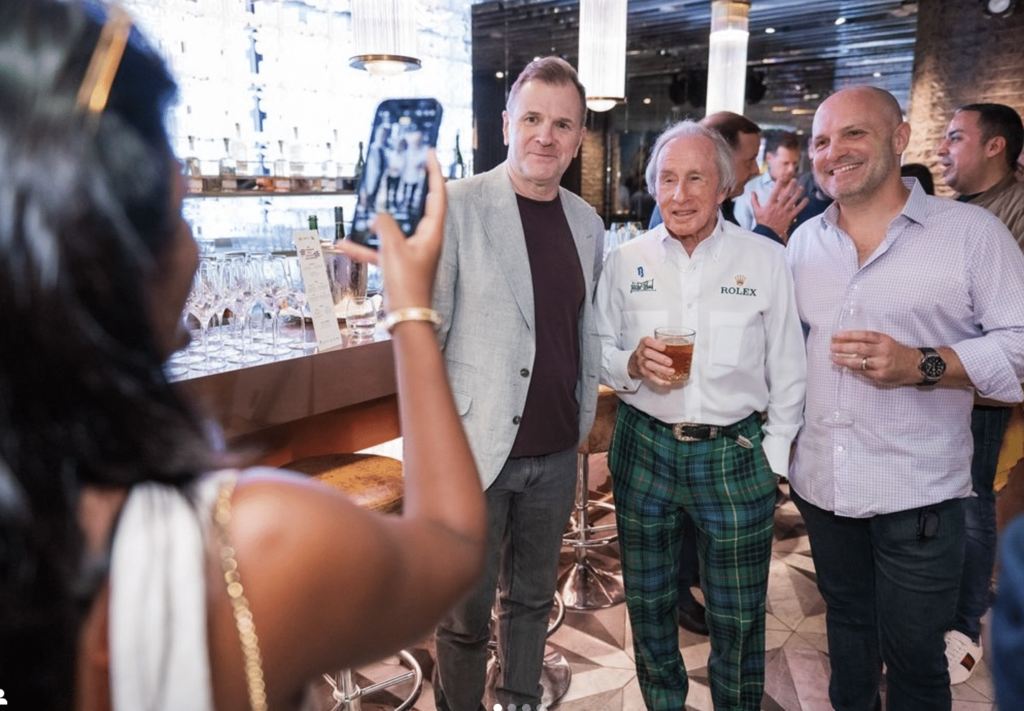
What can we personally do to prevent or control dementia?
Look after your brain as you would your heart. Regular physical and mental exercise, along with a balanced diet, are crucial. The brain needs to be challenged, just like a muscle. I’m in my eighties, but I still thrive on being active in the Formula 1 community and working with Race Against Dementia—it gives me a real sense of purpose. Traveling to interesting places, meeting interesting people and keeping up with new technology all help keep my mind sharp. But there’s also an element of bad luck—dementia can strike one in three of us. It’s a cruel disease, which is why research is so important.
Will there ever be a cure for dementia?
Yes. There is real reason for optimism—research is progressing and it’s encouraging. For the first time, we now have treatments that can slow the progression of Alzheimer’s in its early stages. The researchers Race Against Dementia support are making incredible strides in their fields, but the brain is a complex puzzle and there’s still so much to uncover. It’s a global challenge—55 million people worldwide are living with the condition, with countless more families and carers navigating its demands every day. In Japan, it’s thought that one in five people will develop dementia in their lifetime, and by 2060, it could affect up to a third of the population. But breakthroughs have come, and more will follow. We need to keep the momentum going, applying the Formula 1 mindset—relentless innovation, teamwork and new thinking. With the right funding and partnerships, we can keep pushing forward—faster—towards the answers we need.
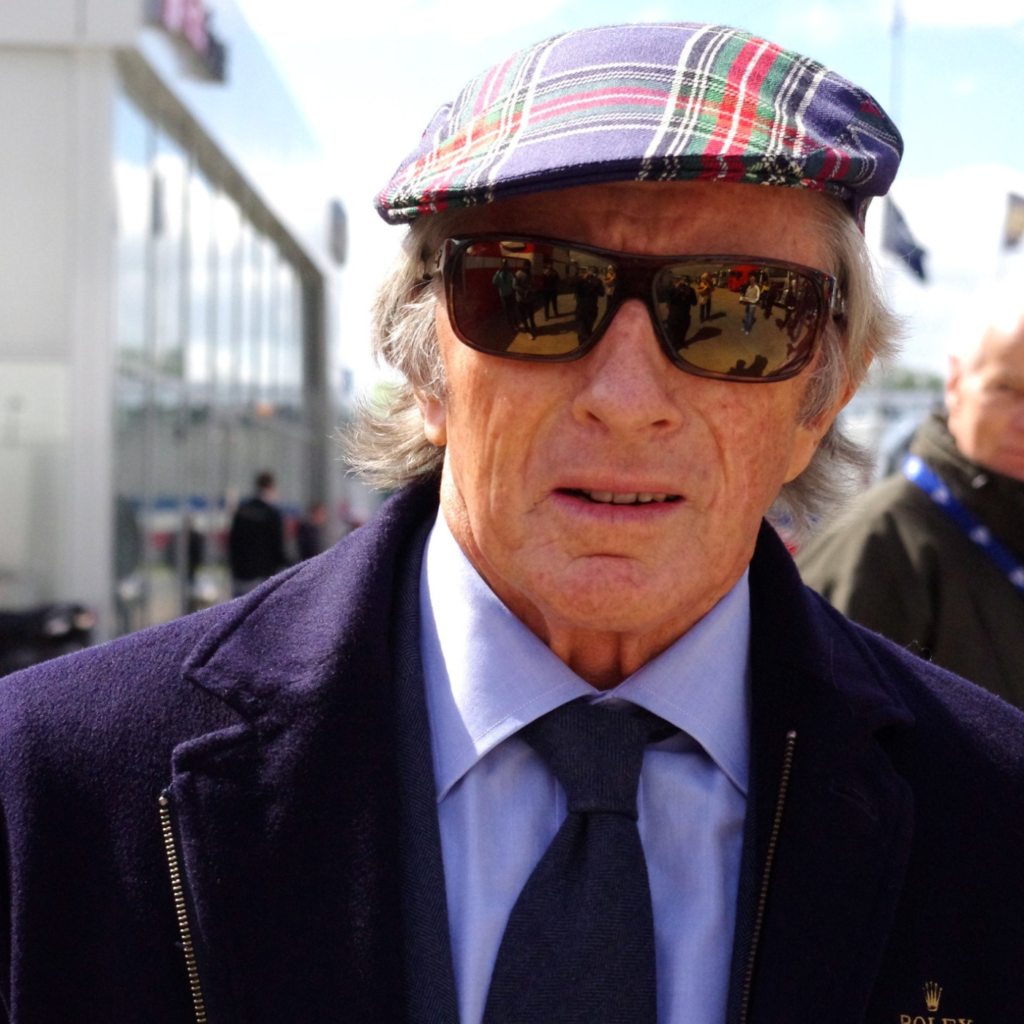
At what stage should we get checked for dementia?
Early detection is key. But it can be tricky because first signs are often subtle. It’s not just about memory loss—changes in mood, behaviour or difficulty with familiar tasks can all be early indicators. If you or someone close starts struggling to find words, gets confused in familiar places or seems different in their personality, it’s worth chatting to a doctor. With Helen, as a family, we noticed small changes in her mood and behaviour that weren’t like her. The sooner dementia is identified, the more can be done to manage it and plan for the future.
For sponsorship opportunities, donations or to reserve your place at this once-in-a-lifetime event, please see: https://goconnect.jp/2025/02/04/racing-to-end-dementia-hersey-shiga-medias-charity-luncheon/
Or contact:
David Schneider
CEO & President, Hersey Shiga Global K.K.

